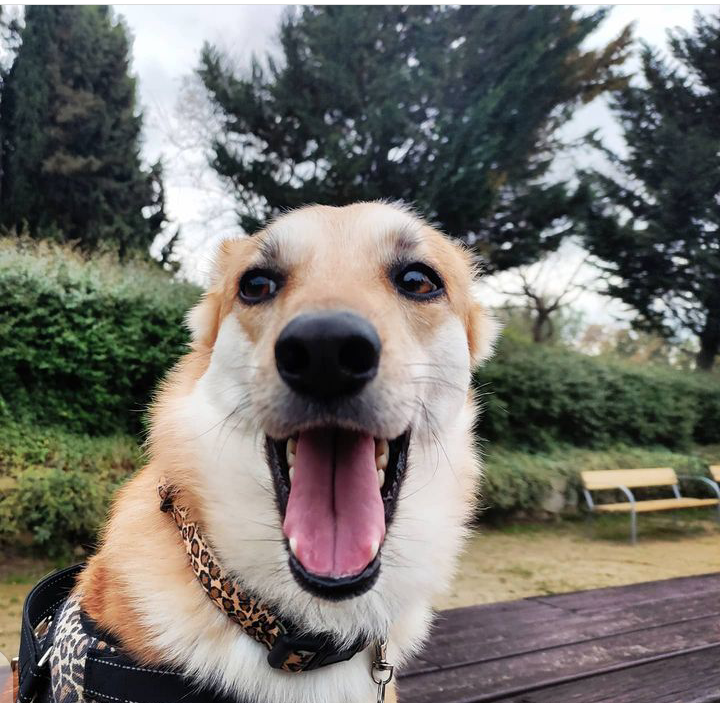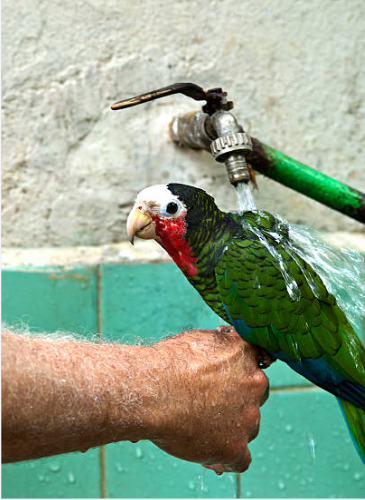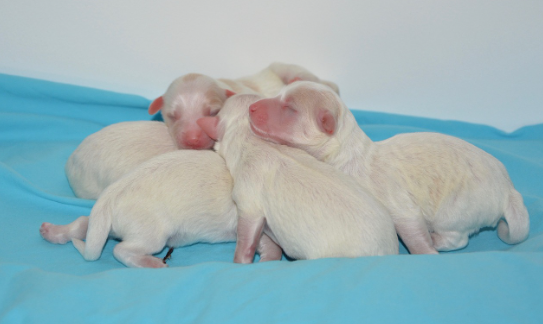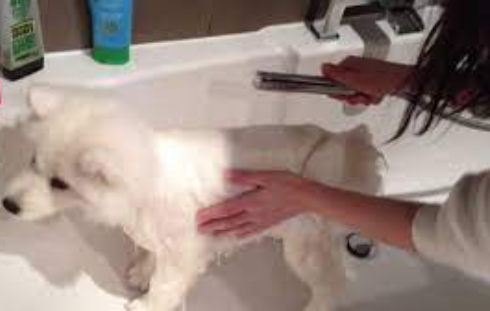The Best Food To Give A Female Dog After Mating
Proper nutrition is essential for all dogs, but it is necessary for female dogs after mating. During pregnancy and lactation, a female dog’s body works hard to support the developing puppies and produce milk. As a result, she needs a diet that is high in calories, protein, and fat.
What to look for in a food for a pregnant or lactating dog
When choosing a food for your pregnant or lactating dog, look for a product that is:
High in protein
Protein is essential for building and repairing tissues in the mother and the puppies.
High in fat
Fat provides a concentrated energy source and is essential for developing the puppies’ brains and nervous systems.
Highly digestible
Pregnant and lactating dogs need to be able to absorb as many nutrients as possible from their food.
Complete and balanced
The food should contain all of the essential nutrients that your dog needs, including vitamins, minerals, and essential fatty acids.
Recommended foods for pregnant and lactating dogs
Several commercial foods are specifically designed for pregnant and lactating dogs. These foods are typically higher in calories, protein, and fat than regular dog food. They are also highly digestible, complete, and balanced.
Here are a few examples of recommended foods for pregnant and lactating dogs:
- Hill’s Science Diet Puppy Large Breed
- Royal Canin Maxi Puppy
- Purina Pro Plan Focus Puppy Large Breed
- Eukanuba Puppy Large Breed
- IAMS ProActive Health Puppy Large Breed
How much to feed a pregnant or lactating dog
You may need to adjust her feeding amount as she progresses through pregnancy and lactation. For example, she may need more food in the last few weeks of pregnancy and during the first few weeks of lactation.
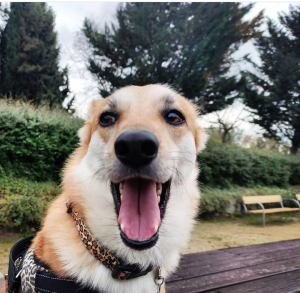
How often to feed a pregnant or lactating dog
Feeding a pregnant or lactating dog two to three small meals per day is best. This will help ensure that she always gets the nutrients she needs.
Other tips for feeding a pregnant or lactating dog
- Make sure that your dog always has access to fresh, clean water.
- Avoid feeding her table scraps or other unhealthy foods.
- If you are still determining how much or how often to feed your dog, talk to your veterinarian.
Additional nutrients that may be beneficial for pregnant and lactating dogs
In addition to a high-quality diet, there are a few other nutrients that may be beneficial for pregnant and lactating dogs. These include:
- Folic acid: Folic acid is essential for developing the puppies’ neural tubes.
- Calcium: Calcium is vital for developing the puppies’ bones and teeth.
- Omega-3 fatty acids: Omega-3 fatty acids are essential for developing the puppies’ brains and nervous systems.
You can talk to your veterinarian about whether or not you need to supplement your dog’s diet with any of these nutrients.
When to stop feeding your dog puppy food
You can typically stop feeding your dog puppy food when she is around 6-8 months old. However, if she is still nursing puppies, you should continue to provide her with puppy food until they are weaned.
Conclusion
Providing your pregnant or lactating dog with a high-quality diet is essential for her and her puppies’ health. Following the tips above, you can help her get the necessary nutrients to support her growing family.
Additional information
Here are some additional things to keep in mind when feeding your pregnant or lactating dog:
- It is essential to avoid overfeeding your dog, as this can lead to obesity and other health problems.
- If your dog is gaining too much weight, talk to your veterinarian about adjusting her diet.
- Monitoring your dog for any signs of illness or discomfort is also essential. If you are concerned about anything, talk to your veterinarian immediately.
Here is a sample meal plan for a pregnant or lactating dog:
Breakfast: 1 cup of high-quality puppy food soaked in warm water or milk
Lunch: 1 cup of high-quality puppy food mixed with 1/2 cup of cottage cheese
Dinner: 1 cup of high-quality puppy food mixed with 1/2 cup of cooked
